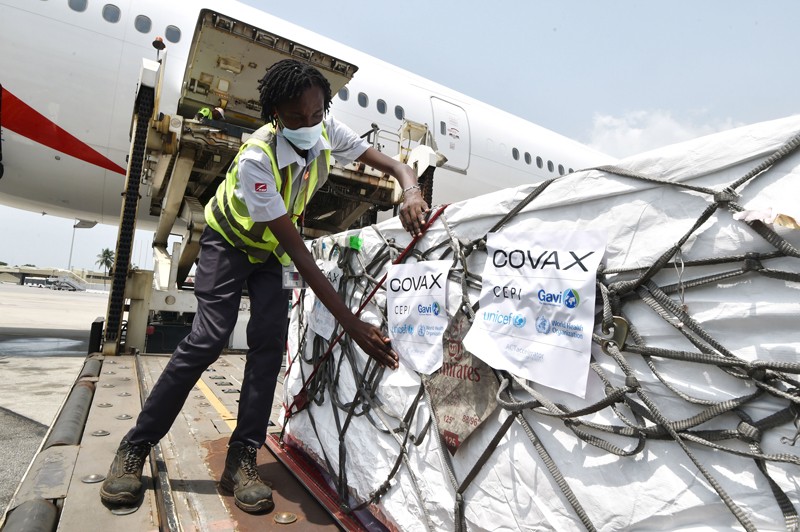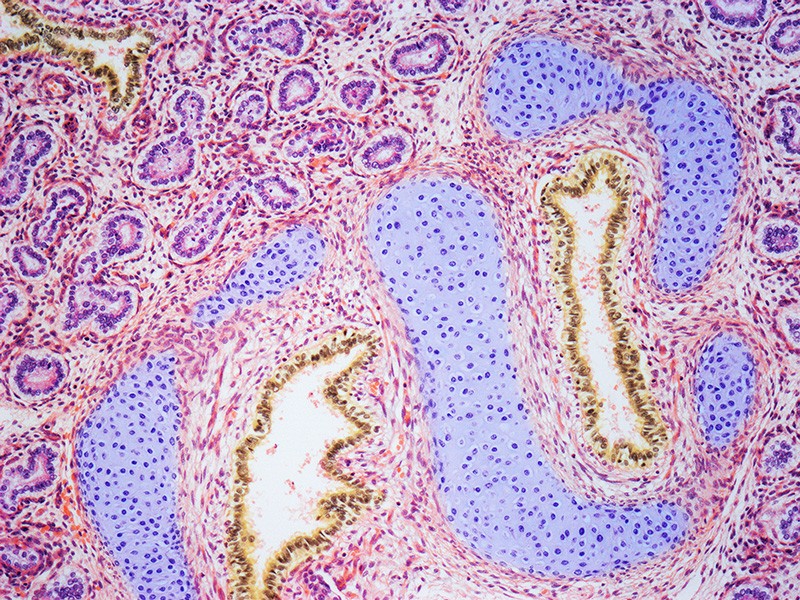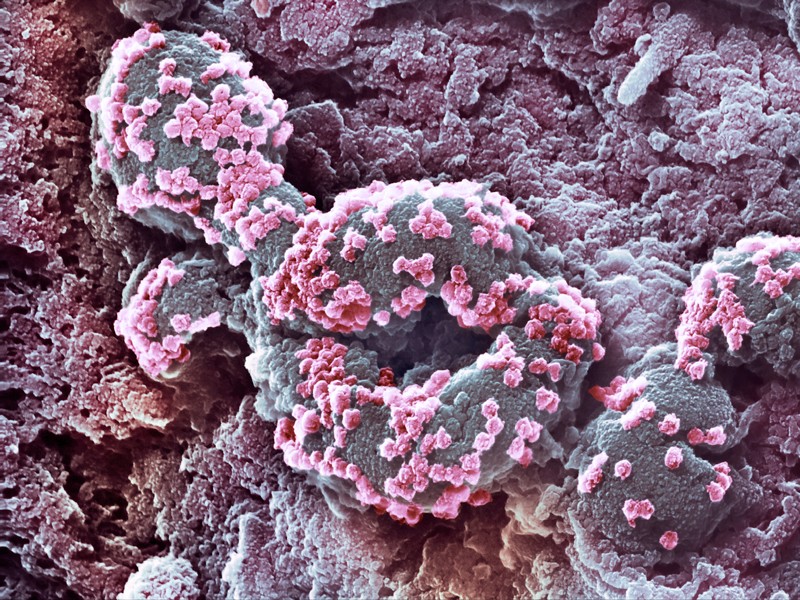Africa plans a vaccine-manufacturing revolution
Table of Contents
Africa’s leaders are on a path to ramp up vaccine manufacturing and boost regulatory bodies for medicines. On 13 April, they pledged to increase the share of vaccines used in Africa that are manufactured on the continent from 1% to 60% by 2040. This will involve building factories and bolstering capacity in research and development.
The COVID-19 pandemic has left Africa woefully short of vaccines, according to John Nkengasong, director of the Africa Centres for Disease Control and Prevention (Africa CDC), based in Addis Ababa. The ambitious move represents an important step in boosting Africa’s capacity in public health, he added.
Nkengasong was speaking at a 2-day vaccine summit on 12–13 April, co-organized by Africa CDC and the African Union, and attended by 40,000 delegates. Also taking part were heads of state and leaders from research and business.
“We have been humbled, all of us, by this pandemic,” said Abdoulaye Diouf Sarr, Senegal’s minister of health and welfare, at the summit. The 1% figure “boggles the mind”, added virologist Salim Abdool Karim, formerly a science adviser to South Africa’s government.
Africa, a continent of 1.2 billion people, has only around 10 vaccine manufacturers. Some 99% of its vaccines are imported; most come from international procurement mechanisms, such as one organized through the United Nations children’s charity UNICEF.
The pandemic has also led to calls to accelerate efforts to establish an African Medicines Agency (AMA) — similar to the European Medicines Agency — which would provide national regulators with guidance on new medicines. The project is being led by the African Union and the Africa CDC. The AMA will cost US$100 million to establish.
As of February 2021, only eight countries had ratified an international treaty needed to launch the AMA (B. M. Ncube et al. J. Pharm. Policy Pract. 14, 29; 2021). Fifteen countries will need to ratify it to bring it into existence; Tedros Adhanom Ghebreyesus, director-general of the World Health Organization, urged countries to quickly enact relevant laws in their national parliaments.
US lifts Trump-era limits on studies of fetal tissues
The United States is reversing restrictions on fetal-tissue research set by former president Donald Trump’s administration. Government scientists will be able to resume studies using the biological material, and an extra ethics review of grant proposals submitted by academic researchers has been cancelled.
“That’s good news,” says Lawrence Goldstein, a neuroscientist at the University of California, San Diego, who was a member of the Trump-era board that carried out the ethics reviews. Researchers use fetal tissue (pictured), obtained from elective abortions, to study a range of subjects, from infectious diseases to human development. The US National Institutes of Health (NIH) announced the reversal on 16 April.
The Trump administration announced limits on fetal-tissue studies in 2019, following pressure from anti-abortion groups.
Kristin Matthews, a science-policy scholar at Rice University’s Baker Institute for Public Policy in Houston, Texas, is pleased with the reversal. “There’s not a lot of groups that do fetal-tissue research, but what they do is pretty vital,” she says, “and so it’ll be good to be able to continue that research.”
Previous infection could cut COVID duration
Recent infection by viruses related to SARS-CoV-2 could reduce the duration of COVID‑19 symptoms, according to an analysis of antibodies from 2,000 health-care workers.
Antibodies against the SARS-CoV-2 spike protein can be a powerful defence against COVID-19. But some people have rare antibodies against other coronaviruses that pre-date the pandemic and can bind to other SARS-CoV-2 proteins. To search for a possible link between such antibodies and protection from COVID-19, Scott Hensley at the University of Pennsylvania in Philadelphia and his colleagues studied antibody levels and infection status in about 2,000 local volunteers during two COVID-19 surges (S. Gouma et al. Preprint at medRxiv https://doi.org/f7zp; 2021).
The team found that people with the rare, pre-pandemic antibodies that work against SARS-CoV-2 were not protected from contracting the virus and developing COVID-19. But high concentrations of other antibodies elicited by two betacoronaviruses — a category that also includes SARS-CoV-2 — were associated with a quicker recovery from COVID-19.
The authors speculate that this protection is provided by immune-system players called T cells that were generated in response to previous betacoronavirus infection.



